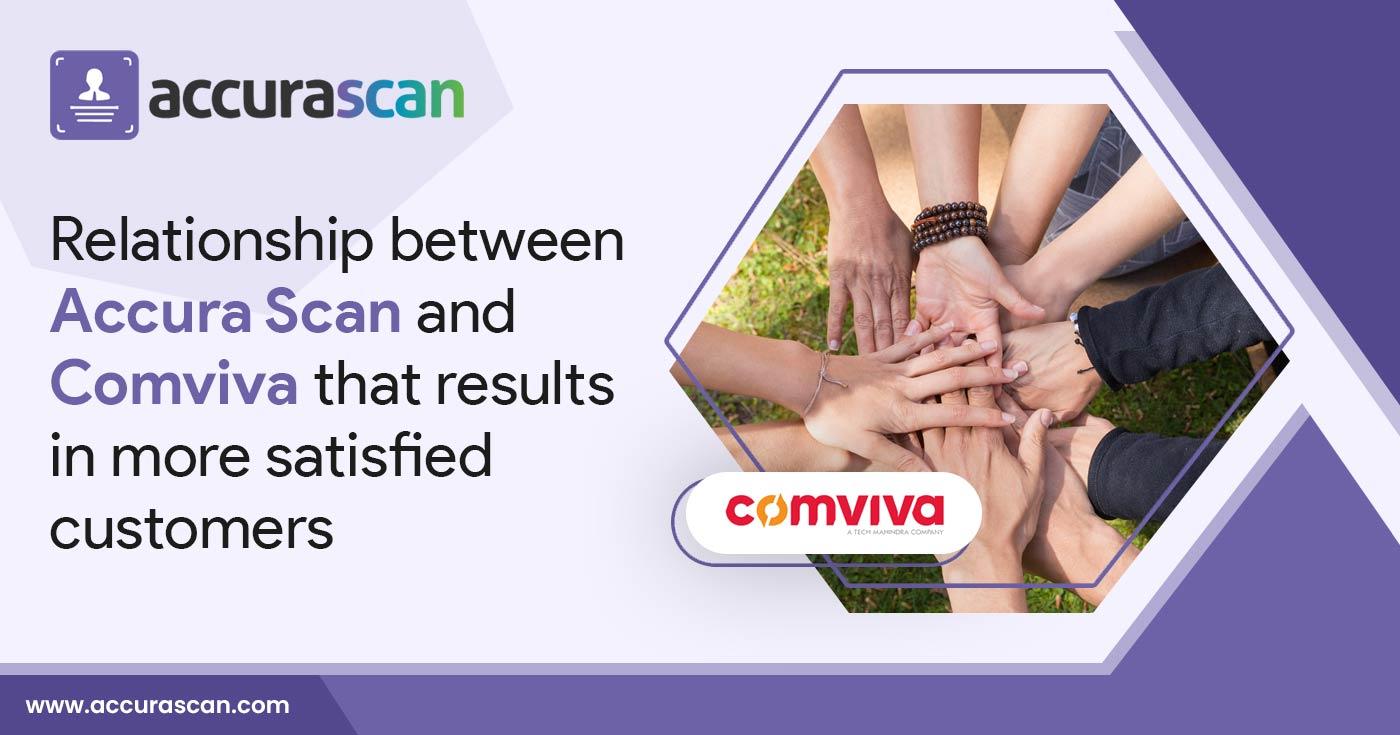In the labyrinthine world of global finance, where transactions cross borders at the speed of light and fortunes are made or lost in the blink of an eye, a silent guardian stands watch. This sentinel, known as Know Your Customer (KYC), is the unsung hero of financial institutions worldwide. As we navigate the complexities of an increasingly interconnected economy, understanding the role of KYC becomes paramount. It is the keystone in the arch of financial integrity, a bulwark against fraud, money laundering, and the myriad threats that lurk in the shadows of the digital age. In this article, we will delve into the intricate mechanisms of KYC, exploring its pivotal role in safeguarding the sanctity of financial systems and ensuring that the wheels of commerce turn smoothly and securely across the globe. Join us as we unravel the tapestry of regulations, technologies, and strategies that empower KYC to stand as the first line of defense in the ever-evolving landscape of global finance.
Navigating the Complex Landscape of KYC in Global Finance
In the intricate world of global finance, the implementation of Know Your Customer (KYC) processes is paramount. These procedures are not merely regulatory obligations but serve as the backbone for fostering trust and transparency between financial institutions and their clientele. By meticulously verifying the identity of clients, institutions can effectively combat financial crimes such as money laundering and fraud. KYC ensures that financial systems remain robust and secure, enabling institutions to maintain their reputations while adhering to international compliance standards.
Financial institutions must navigate a myriad of challenges when implementing KYC across borders. These include:
- Diverse regulatory requirements: Different countries have unique compliance mandates, requiring institutions to tailor their KYC processes accordingly.
- Technological integration: The adoption of advanced technologies such as AI and blockchain can streamline KYC processes, yet also necessitates significant investment and expertise.
- Data privacy concerns: Balancing the need for comprehensive data collection with the protection of customer privacy is a delicate task.
Despite these challenges, the effective execution of KYC is non-negotiable for any institution aiming to thrive in the global financial arena. By embracing innovation and adhering to stringent compliance measures, financial entities can not only safeguard their operations but also enhance customer trust and loyalty.
Unveiling the Strategic Importance of KYC Compliance
In the intricate web of global finance, the meticulous process of Know Your Customer (KYC) compliance stands as a formidable pillar safeguarding institutions from the perils of financial crime. This process is not merely a regulatory checkbox but a strategic linchpin that ensures the integrity and stability of financial systems worldwide. By thoroughly verifying the identity of clients, financial institutions can effectively mitigate risks such as money laundering, fraud, and terrorist financing. The strategic importance of KYC compliance extends beyond risk management; it is a crucial component in fostering trust and transparency in the financial ecosystem.
Key Benefits of KYC Compliance:
- Risk Mitigation: Protects against financial crimes by ensuring thorough customer verification.
- Regulatory Adherence: Helps institutions comply with international laws and standards.
- Enhanced Trust: Builds customer confidence through transparent operations.
- Operational Efficiency: Streamlines processes and reduces potential legal liabilities.

Harnessing Technology to Enhance KYC Processes
In today’s rapidly evolving financial landscape, leveraging cutting-edge technology has become indispensable for optimizing Know Your Customer (KYC) processes. Artificial Intelligence (AI) and Machine Learning (ML) are at the forefront, offering unparalleled capabilities to analyze vast datasets, identify patterns, and predict potential risks with remarkable accuracy. These technologies not only streamline verification procedures but also enhance the accuracy of customer identification, thereby minimizing the risk of fraud and ensuring compliance with regulatory standards.
Financial institutions are also turning to Blockchain technology to revolutionize KYC. By providing a decentralized and immutable ledger, Blockchain ensures data integrity and reduces redundancy in customer information. This not only speeds up the onboarding process but also significantly cuts down operational costs. Key benefits of integrating technology into KYC processes include:
- Enhanced data security and privacy
- Reduced time and resources spent on manual verification
- Improved customer experience through faster onboarding
- Increased accuracy in detecting fraudulent activities
By embracing these technological advancements, global financial institutions can not only comply with stringent regulatory requirements but also foster trust and transparency with their clientele.
Crafting a Robust KYC Framework for Future-Ready Institutions
In the dynamic landscape of global finance, a robust Know Your Customer (KYC) framework is not just a regulatory requirement but a strategic asset for institutions aiming to thrive in the future. KYC processes are pivotal in safeguarding financial systems against illicit activities such as money laundering and fraud. By meticulously verifying the identity of clients, financial institutions can ensure compliance with international standards and bolster their reputation in the market.
To craft a future-ready KYC framework, institutions must focus on several key elements:
- Advanced Technology Integration: Leverage cutting-edge technologies like AI and blockchain to enhance the efficiency and accuracy of KYC processes.
- Customer-Centric Approach: Design KYC procedures that are seamless and user-friendly, reducing friction for clients while maintaining stringent security measures.
- Global Compliance Alignment: Stay abreast of evolving regulatory landscapes across different jurisdictions to ensure comprehensive compliance.
- Continuous Monitoring: Implement systems for ongoing surveillance and assessment of customer activities to detect and mitigate risks proactively.
By embedding these elements into their KYC frameworks, financial institutions can not only meet regulatory demands but also enhance operational resilience and customer trust, positioning themselves as leaders in the global financial arena.





